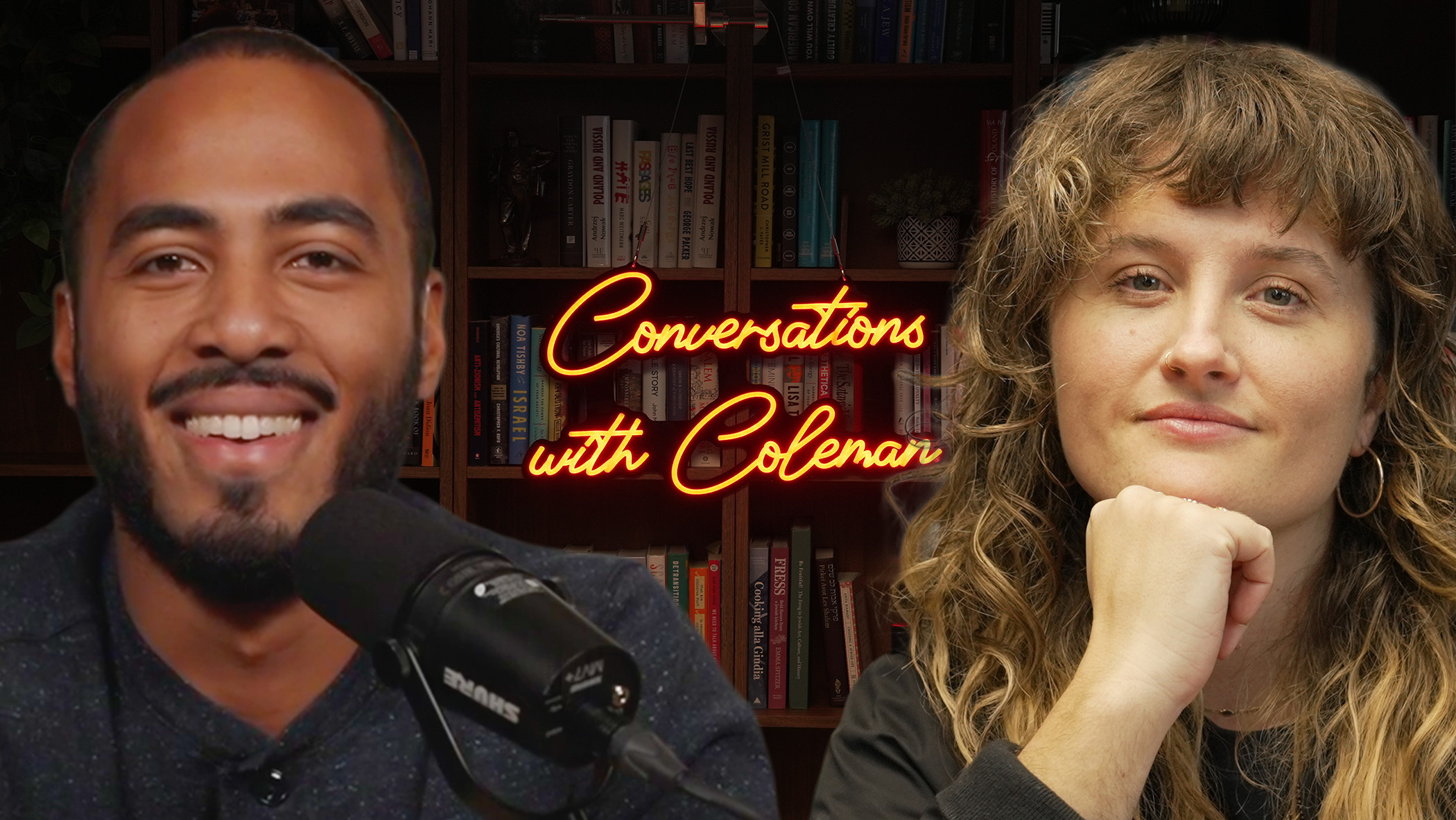Omicron variant and the holidays: An expert answers viewers' questions
The Omicron variant has a lot of people worried this holiday season. The highly transmissible strain of COVID-19 is now dominant in the United States, according to data released by the CDC.
CBS News chief medical correspondent Dr. Jon LaPook joined "CBS Mornings" to answer viewers' questions about the latest phase of the pandemic and how Americans can stay safe over the holidays.
Q: Is it safe to do indoor activities if you're distanced and masked? Should we go back to the level of precaution we had in 2020?
Dr. Jon LaPook: Well, you know, the big thing is the masking. I think if you're wearing an N95 indoors, you're going to be OK. I think what most people want to know is: Can they be with loved ones indoors without masking? And that's a little bit more complicated. I mean, I just spoke this morning, I reached out to [Dr. Anthony] Fauci. He said to try to avoid large gatherings like, say, 20, 30, 40 people, because that increases the risk. [CDC Director] Rochelle Walensky ... I reached out to her and she said, It's very important the week before, you know, what's your risk been there? Because that's where you can pick it up with an incubation period of, say, one to four days, that kind of thing. Once you're inside, if the second before — if you have the testing, we've talked about these fast tests — if right before you take off your mask and go inside you do a test and it's negative, that gives you another layer of protection. And of course, once you're inside, ventilation, air filtration, if you have an air filter. All those steps we've been talking about, you know, they add layers of protection.
Q: It seems like we're hearing about a lot of breakthrough cases even after booster shots with Omicron. Does that match the data?
Dr. LaPook: Well, it's very clear that we're seeing a lot of breakthrough infections. In fact, you know, I'm an internist and gastroenterologist and in the past week I've had about 10 people who were fully vaccinated and boosted who got infected from other people who appear to be fully vaccinated and boosted. They're all doing fine right now. I don't think that's going to be for everybody. But so far, it looks like the people who are getting the breakthrough infections, who are fully boosted — that's very important, vaxxed and boosted — are doing better in general than, say, you know, in the past. What we want to guard against is people saying, 'Oh, I'm hearing that this is a milder version of the virus and so I'm not going to get vaccinated.' Do not do that. Because we don't know to what extent in Scotland and in South Africa, the fact that it looks like it might be milder is because they had underlying immunity or vaccination, or that the virus itself was a little bit less virulent. So please, get vaccinated and boosted. We'll say it over and over again, that you have waning immunity especially against Omicron. When you get boosted, it brings it up significantly.
Q: When you get the booster, how soon before it takes effect?
Dr. LaPook: You know, I asked the CDC that yesterday and within 48 hours you start to get an increase in the titers in the amount of neutralizing antibodies. Of course, I think within a couple of weeks you really are up there. But it acts very quickly. So, it's never too late. Go get it.
Q: Is there such a thing as herd immunity given how contagious and widespread the Omicron variant is?
Dr. LaPook: I love that question because, you know, this has been a moving goalpost. We're saying how much do we need in order to be immune, have the herd immunity? And it may that we're heading towards it right now with the combination of so many people getting infected plus the vaccinations and the boosting. We might be heading toward herd immunity, and wouldn't that be great? One of the hypotheses, and it's just a hypothesis, to make people feel a little better with everything that's going on, is that we're going to see a big upslope because Omicron's so contagious. But it's possible, it's possible that it's going to then start to go down faster, like we're seeing in South Africa. It's going to be a bumpy ride. There are going to be a lot of hospitalizations because even if in one person the risk is lower of hospitalizations, you're going to have so many millions of people infected. You are going to have pressure on the hospital system. Plus you have flu and other things that are happening it. So we're worried about that. But then on the off-ramp, maybe we get to that endemic status where Tony Fauci's been talking about wanting to get to less than 10,000 cases a day, [when] it's kind of in the rearview mirror. It's going to always be with us, but at least we don't have to be so staring it right in the face.
As the pandemic evolves, keep sending "CBS Mornings" your COVID questions, and we'll have our medical team answer many of them in the coming weeks.
Send your questions to:
CBS Mornings Twitter: @CBSMornings
CBS Mornings Instagram: www.instagram.com/cbsmornings/
CBS Mornings Facebook page: https://www.facebook.com/CBSMornings/
Email: coronavirus@cbsnews.com



